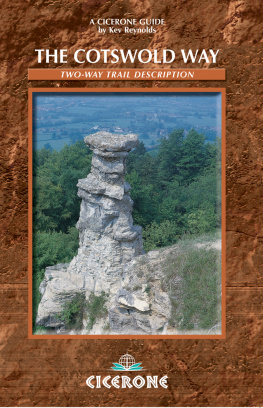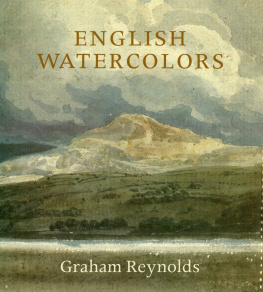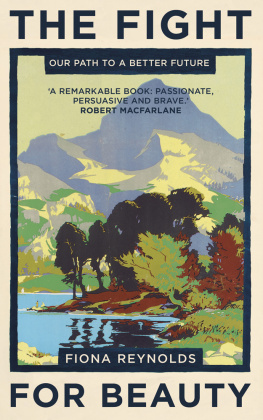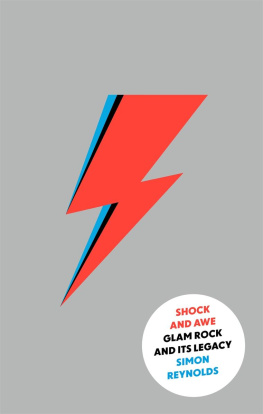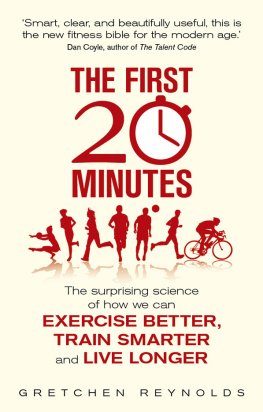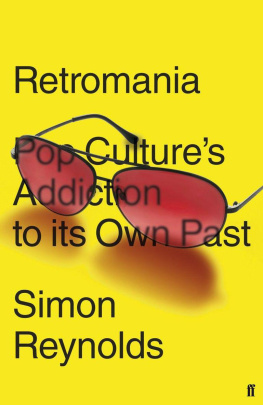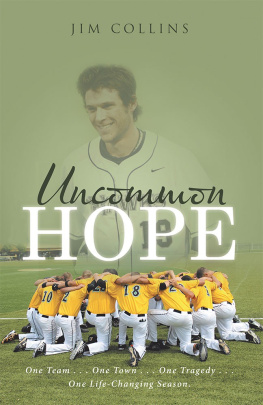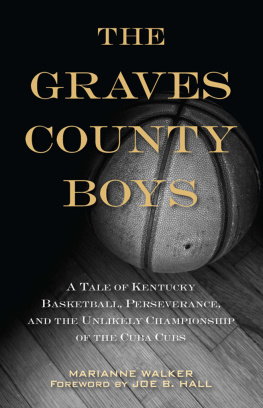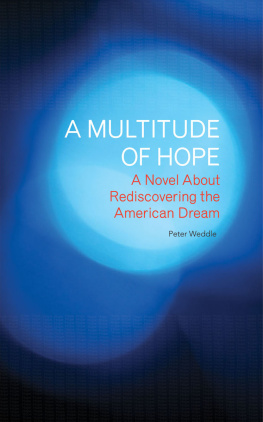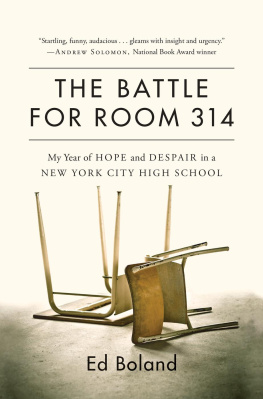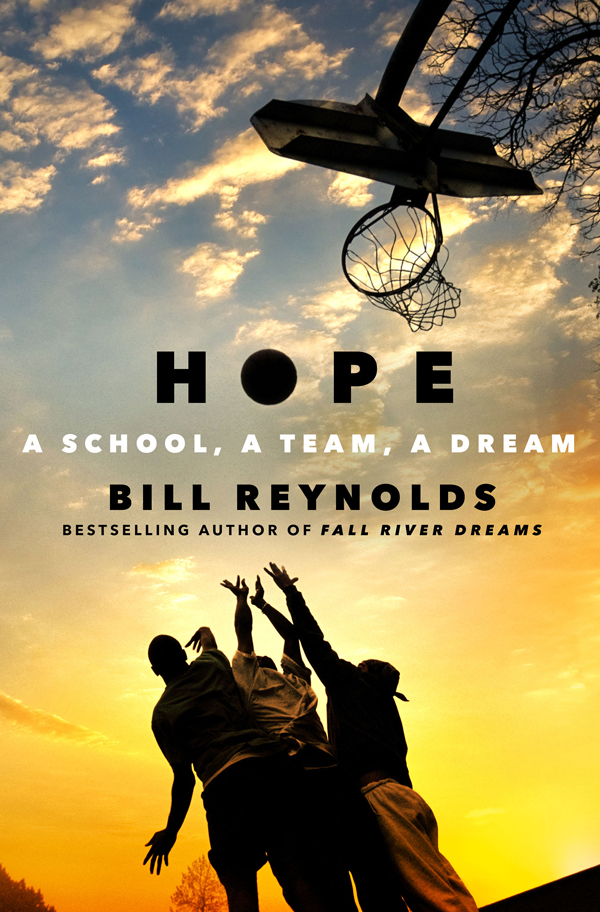Contents
Guide

The author and publisher have provided this e-book to you for your personal use only. You may not make this e-book publicly available in any way. Copyright infringement is against the law. If you believe the copy of this e-book you are reading infringes on the authors copyright, please notify the publisher at: us.macmillanusa.com/piracy.
To my sister, Polly Reynolds, whose courage and incredible spirit every day in the face of great physical difficulties is a daily inspiration
My thanks go out to many people who helped me along the way. I am especially grateful to Dave Nyblom and his assistant coaches, Pedro Correia, Keith Moors, Jim Black, and Rob Whalen. They always made me feel welcome and have my enduring thanks. The Hope players could not have been better. They invited me into their world even in the most difficult of times, and if I got to know some better than others, they all have a piece of my heart.
David Vigliano has been my agent for almost thirty years now and always has been my advocate. He has my gratitude. I am fortunate to have once again worked with George Witte at St. Martins Press. His insight, talent, and support made this a better book. He understood this project right from the beginning and no writer can ask for more. And also a public thank-you to Sara Thwaite at St. Martins Press, whose patience, unfailing courtesy, and expertise helped to make this book a reality. Finally, I am once again indebted to Liz Abbott for her patience, support, and wise counsel.
There is a Providence, Rhode Island, that most people never see.
It isnt the downtown that has been opened up by moving the paths of two riversan immense project that transformed a flood-prone aging infrastructure into a destinationwhere thousands pour into the city on soft summer nights to eat in fancy restaurants and watch gondola rides and see the rivers lit up in a ceremony called WaterFire. It isnt Brown University, sitting up there on the top of College Hill, only a couple of blocks away from the statue of Roger Williams, the states founder, overlooking the city like a benevolent father. It isnt the chic restaurants of Federal Hill, the spiritual home of the states large Italian-American population.
This is inner-city Providence, at the intersection of South Providence and the West End neighborhood, a place commuters pass by as they hustle down I-95 to Cranston and Warwick and the rest of the southern suburbs. This is the Providence of sirens and gunshots in the night, of kids who live in fear, of gritty streets where there are too many drugs, too many gangs, too many guns, and too little hope that its going to change anytime soon. This is the Providence that got left behind in the so-called Providence Renaissance in the 90s. A place you could spend your entire life in Rhode Island ignoring, a place where the American Dream has been under siege for a long time now.
I was there one cold December morning in 2011 to do a column for the Providence Journal on the death of former Hope High School basketball star Laurence Young, who had died unexpectedly while playing professional basketball in Brazil, the result of an infection after dental surgery. Basketball had taken Young far from the South Providence of his roots, a place where too many kids like him never make it out of the neighborhood. It had rescued him from a difficult home life, living with his aunt and helping her care for his grandfather, who was a double amputee. And it had given him a life that must have seemed unimaginable in 1999 when he graduated from Hope High School, just another inner-city kid with a future that seemingly stopped at next week.
The small storefront church on a narrow side street was jammed, and people kept coming up to the altar to talk about Young. Each one put a living face on the body that lay in the front of the church in an open casket, a gold basketball on his chest.
One of the speakers was Dave Nyblom, a burly white man in a dark suit who had coached Young at Hope High School about a decade earlier. He had always been more than just a coach to Young. He had been his advocate, believing that one day Young would be a college player when no one else saw that potential, bringing Young to summer camps and AAU tryouts, always touting him to college coaches. Young had never been a childhood phenom, someone anointed early by the basketball gods. He had been a skinny tenth-grader, and spent that season on the junior varsity team. And even after he had gone on to become a great player at Hope, making second-team All State in 1999, the high school cheers quickly faded into echoes. Young had nowhere to go, until finally Rider, a college in New Jersey, saw him at an AAU tournament in Providence and offered him a scholarship.
Nyblom had become a sort of surrogate father to Young, forever giving him rides home, past the drug dealers and the street people, past all the hangers-on who in their own ways were trying to steal Youngs dream. When he heard on the phone that Young had died he started crying.
When it was his turn to speak Nyblom described what a good person Young had been, the emotion growing stronger in his voice with each passing sentence. In the back of the church was Nybloms wife, his mother, and his two children. When he came to the end of his eulogy for Young, the tears were right there with the words.
If there were two people I could see in Heaven it would be my father and Laurence, he said, his father having died twenty years earlier falling off a ladder while fixing a broken basketball hoop in Nybloms hometown of South Kingstown, Rhode Island.
In many ways Young had not only been the prodigal son, he had also been the role model for many of the Hope players who had come after him. He was the one who had listened. He was the one who had bought in to Nybloms vision for his players, the simple idea that if they did the right thing and worked hard they could escape the grim neighborhoods in which they were coming of age. He was the one who had said no to all the drug dealers. He was the one who had made it out, had overcome so many odds.
He was like a son to me, Nyblom once said. He always knew what to do.
Left unsaid was that there were so many others who hadnt known what to do.
And maybe now, there were more of those kids than ever.
If life in inner cities long has seemed to exact its own little pound of flesh, its even harder now, as disparities in wealth divide neighborhoods. The crumbling economy has created a mlange of dysfunction, and communities are under siege. Providence is no exception. Gang violence. Shootings. Never-ending street crime. These are the almost daily news stories of horrors big and small, stories that amplify the sense that inner-city Providence is much more dangerous than it used to be, and that the kids who live in it are growing up in a cruel, dystopian landscape. Their world and its realities are rarely discussed in all the race to the top conversations, the national dialogue attempting to reform education, especially in the inner cities.
Its a world I have drifted in and out of through the decades, writing sports columns for the Providence Journal . One column was about Cedric Huntley, who had grown up on the streets of South Providence, one of the first black basketball players at a longtime Catholic school in Providence, and who worked for the Institute for the Study and Practice of Nonviolence.
I wouldnt want to be a young person in this city, he had said. Its so much worse than when I was a kid, and it wasnt good then.


